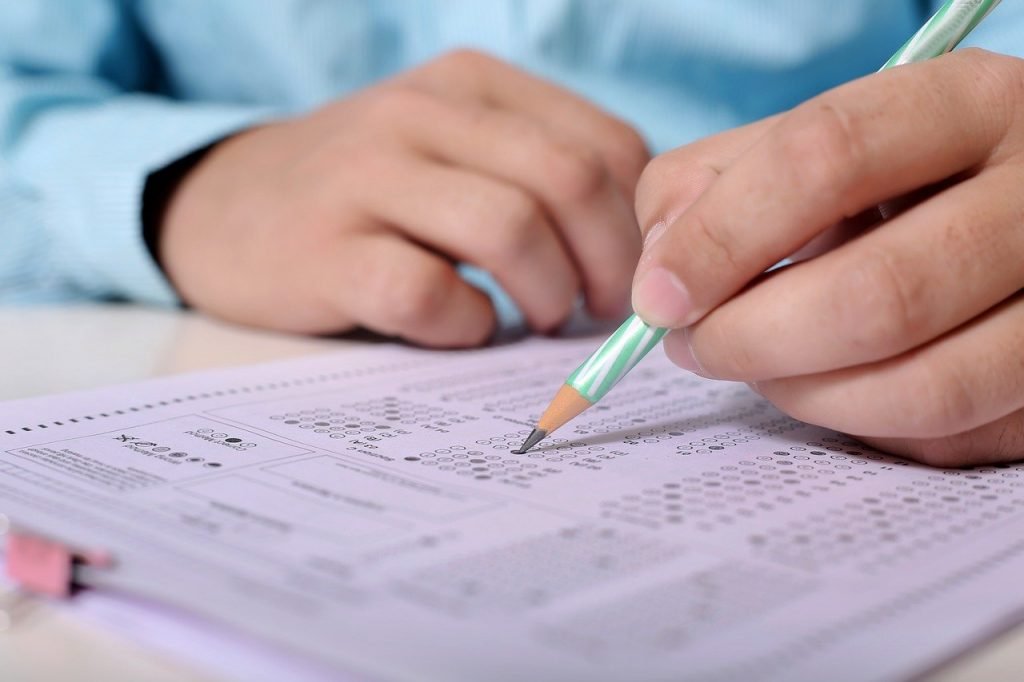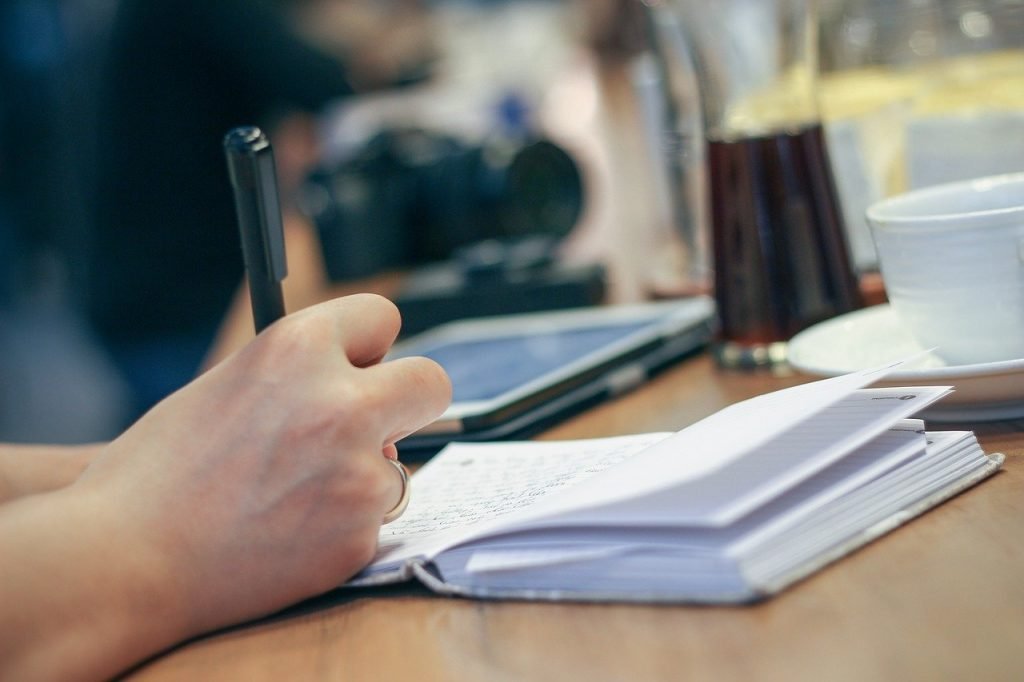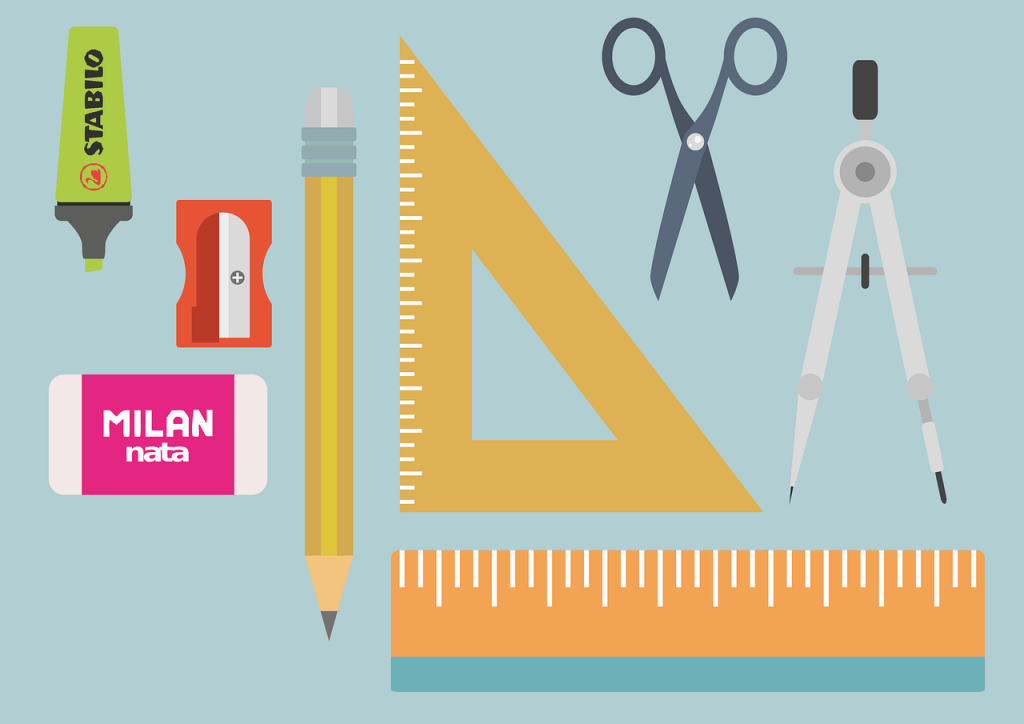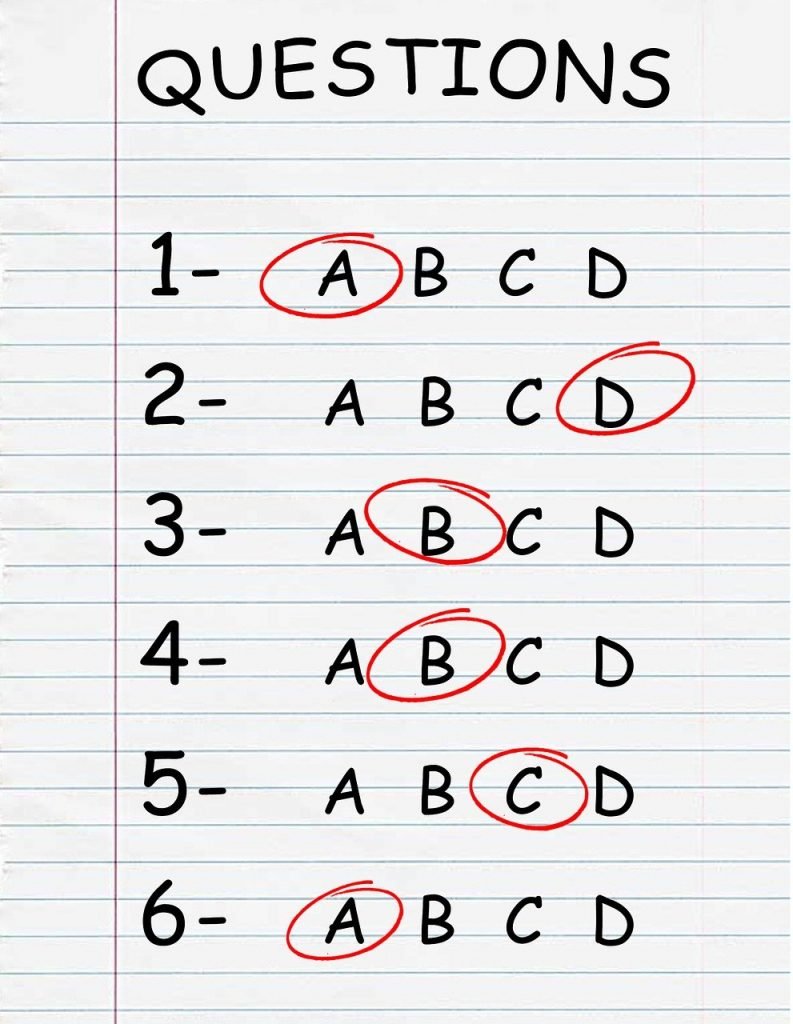Test-taking can be quite hard, especially if you never truly learned to prepare. Whether you are a student or a professional you can still have difficulties taking tests.

We are going to take a look at the 12 most helpful test-taking strategies and tips that you can use to help you do better on your tests.
1. Always Take Good Notes
Taking good notes every day in class will help you to stay focused and you will also find that you have plenty of information to study from.
While doing all of your reading can help you to get some of the helpful information, only some of it comes from readings.
A good portion of content from a class comes from the interpretation that you learn about in class while the teacher is teaching.

Finding the right balance between a lot of detail in your notes and too little information is essential. You don’t want to let your notes distract you from class.
Creating a consistent shorthand can help. Use something like YouTube to get more information down in the same amount of time.
YouTube is a great place to find expert information about a lot of topics so you can use it along with your notes.
2. Do Not Cram
Cramming is especially popular in school but adults do it even after school. No matter how popular cramming is, it isn’t effective. Multiple studies have shown that it isn’t effective and potentially could make your test-taking worse.
A good example of the harm that cramming can bring is reduced sleep.
Instead of cramming study regularly over a good period of time so that you can get all of that information committed to memory.
Even better, plan the time that you are going to spend studying so it doesn’t get forgotten and so that you don’t procrastinate.
3. Review Your Content in Multiple Ways, Multiple Times
The human brain learns best when it learns something with multiple different inputs, multiple times. That means that when you are reviewing your notes, your reading, and other content, you should do so in multiple ways at least three times.
The minimum your brain needs to develop a good recall for content is hearing it three times.
Traditionally the three different input methods for learning content include:
- Visually
- Audibly
- Tactably (by touching or doing)
4. Go In Prepared
Nothing can set off your test-taking like not being prepared for the test. On the morning of your test make sure to have everything prepared, that means your pencils, erasers, sharpeners, or anything else you might need is in your bag, ready to go.

Not having this stuff ready will waste time, cause panic, and create doubt.
You get a peace of mind that makes you calmer during the test when you enter it prepared.
5. Look for Clues
It is likely that your teacher (or instructor) has dropped hints throughout the class as to what will be on the test. Make sure that you pay attention for these and take note of them.
These are important things to keep in mind and should be reviewed regularly.
If your teacher offers a test prep session make sure that you attend it. Test prep sessions are when your teacher is most likely to give out hints that you might not get otherwise.
6. Don’t Be Afraid to Ask
You will find that there are points where you simply don’t know what to study for a test. Should you find yourself at one of these points, do not go into the test blindly.
Reviewing your notes can be a way to get direction but there is a better option. Ask your teacher what you should study or if they have any tips for preparing for the test.
There is always the chance that your teacher may not answer but if you show the initiative to be interested in preparing for the test, chances are they will help you at least a little.
7. Try Reviewing with a Group
Reviewing on your own is a good start, it is also essential. You can only get so much from reviewing on your own as you only get your notes and your points of view.

When you review as a group you get access to new points of view and information that you may have missed.
Make sure that your study group has a way to stay focused and that you cover all of the information that you want to. It can help if you turn your group review into something fun, like a game with flashcards or online quiz cards.
8. Fuel Yourself
Going to a test with no fuel for your body and mind can be a terrible idea. You want to power your brain and body, even if you have to use the bathroom.
Coffee does not qualify as hydration, make sure that you drink plenty of water and bring some to the test (even if you bring coffee). In fact, limiting the caffeine will help to reduce jitters and nerves.
Fuel also comes in the form of food. Eat healthy meals not just on the day of the test but the day before the test.
A balanced meal will help you to get the energy you need to stay awake for the test but will also help you to think your best. Think protein, veggies, and fruits. Give yourself the best possible start and chances with proper nutrition.
9. Use The Bathroom
Use the bathroom multiple times before the test, even if you can use the bathroom during the test. This will help to prevent you from getting the urge to pee while you are in the middle of a good train of thought.
If you are following the above tip, you will probably need to use the bathroom plenty before the test anyway.
Keep in mind that some tests will not allow you to go to the bathroom during the test and using the bathroom beforehand becomes even more important than.
10. Be To The Test Early
Nothing can get your nerves up more than if you rush to get to the test. You feel like you are running behind even if you aren’t and this will affect your performance.

Plan plenty of time to get to the test early, not on time. When you get there early you can spend some time relaxing and clearing your mind of non-important things.
Getting there early can also give you time to get a coffee, snack, or whatever else you might need. It also helps to avoid any traffic or other issues that may arise on the way.
You are probably asking how early you should aim to be there. That varies depending on you but we recommend arriving no less than 15 minutes early. 15 minutes gives you time to sit down, review your notes, drink some water, and eat a little snack.
11. Ask Last Minute Questions
We have all had it happen where we have had questions just before the test and have been nervous to ask them. Sometimes the teacher doesn’t make it obvious that you can ask questions.
Do not be afraid to ask last-minute questions, this will help to get it off your mind and thus relieve some nerves from the test.

You may not get an answer if it is related to specific content but at least you asked and that alone can take off some of the pressure.
To help prevent last-minute questions make sure to write down questions when they come up as you are studying.
Make sure to not just write them down but to ask them in the next class. You could also ask them if classmates and/or in group study sessions.
12. Practice Good Time Management
For the last tip, we are going to talk about one that will not just help with taking tests but with the rest of your education and life. Good time management is essential to test prep and test-taking.
You want to create a schedule, keep track of class-related dates, and planning out what you are going to do and when. That includes planning when you are going to study and adding to your calendar test dates so you can prepare.

Good time management helps to ensure that you can create balance in your life. That includes taking time for self-care to ensure that you don’t become overwhelmed by everything that needs to get done.
It is important to find a way to manage the time that works for you. For some people that take the form of keeping a paper calendar, for others a digital one.
Others may do better with just getting notifications from a learning management system like canvas. The idea is to take the time to figure out what works for you.
Take a look at these tips and use them to improve your testing abilities. You will find that not only do you do better on tests, but you feel better about them.
A good portion of the anxiety that comes from tests is the worry about being prepared and wondering if you studied enough. These tips give you that knowledge and that power.
Do you have a tip that you think others might benefit from? Let us know in the comments down below.